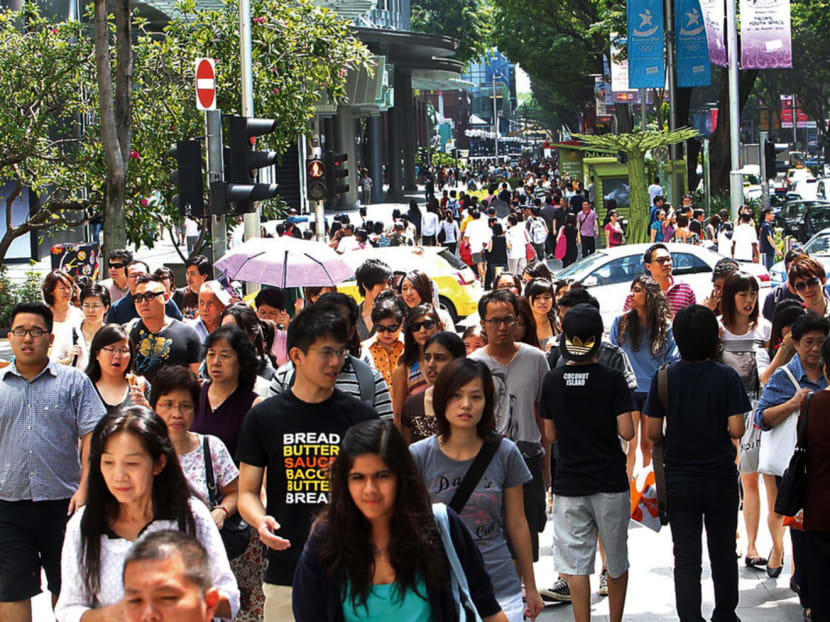Survey shows ‘there are blind spots’ when it comes to race
SINGAPORE — She may have parents from different races, a Chinese mother and an Indian father, but Ms Priya Ning Rehunathan said she would prefer dating someone who is Indian because they would share the same culture.
SINGAPORE — She may have parents from different races, a Chinese mother and an Indian father, but Ms Priya Ning Rehunathan said she would prefer dating someone who is Indian because they would share the same culture.
“I’ve dated people of different races and feel that having the same culture or religion is quite important in a relationship. It’s not necessarily their race or colour of their skin,” the 26-year-old talent manager said. “It just puts the both of you on the same page in terms of your lifestyle (and) how you raise your kids.”
She used to have male friends who remarked that they would never date a girl with darker skin, but Ms Priya noticed that attitudes have started changing and race is no longer brought up as an issue among her circle of friends.
Ms Priya was sharing her experiences in response to a nationwide survey on race issues commissioned by Channel NewsAsia and the Institute of Policy Studies (IPS).
The study found that race relations and attitudes in Singapore are generally healthy but there is a gap between what people know they should or should not do and what they really do in their personal interactions with others.
Sociologist Paulin Straughan from the National University of Singapore (NUS) also pointed out that evidence from the survey shows that “there are blind spots clearly reflecting our ignorance”.
“Perhaps this is a reminder to Chinese Singaporeans that (as the) majority, there is a certain responsibility that we have to bear ... We have to make an effort to be inclusive in our social endeavours,” she said of how they could expand their social circles and have open discussions to bridge this gap.
Associate Professor Straughan also suggested that affected groups initiate conversations on more difficult issues such as extremism and self-radicalisation, where they can control the discourse and dispel myths.
Another finding of the survey was that Singaporeans preferred someone of their own race marrying into their family, or taking on leadership positions such as prime minister or president of the country.
However, Assoc Prof Straughan said that preference is not necessarily an indication of racism. For example, she noted that the racial preferences captured in the survey do not match the rising proportion of inter-ethnic marriages in Singapore.
“A preference for familiarities does not mean that one is a racist,” she said.
If the respondents were asked if they wanted a candidate such as Deputy Prime Minister Tharman Shanmugaratnam to be Prime Minister or President, as opposed to just “an Indian candidate”, the outcome would have been different.
“He is Indian, but also now an individual with very clear achievements, characteristic traits and, therefore, it’s no longer mystical,” she said.
“The trick is for us to not let those labels stick on just very shallow kind of interpretations of what race is … but rather, the conversation should bring you to an individual.”
Still, traditional mindsets can be hard to shake off among the older generation.
Retiree Teo Peck Har, 61, and Madam Clara Lee, 57, a secretary, both said that they would prefer a Chinese Prime Minister.
For 39-year-old executive assistant Aileen Tay though, race comes second to a leader’s capabilities.
The survey may show that Singaporeans subscribe to the values of multiracialism, but sociologist Tan Ern Ser from NUS cautioned that racial harmony cannot be taken for granted: “We must continue to work towards integration and nip any sources of racial tension in the bud.”










